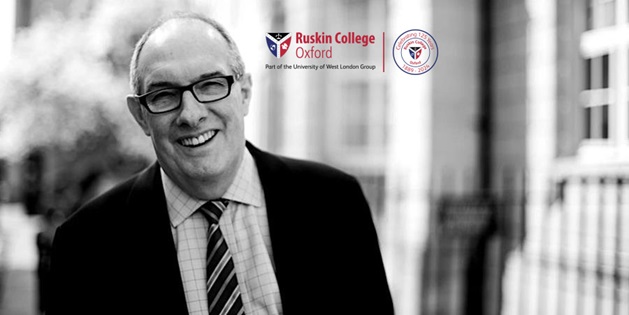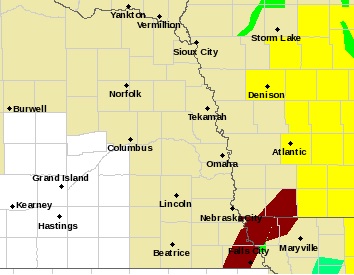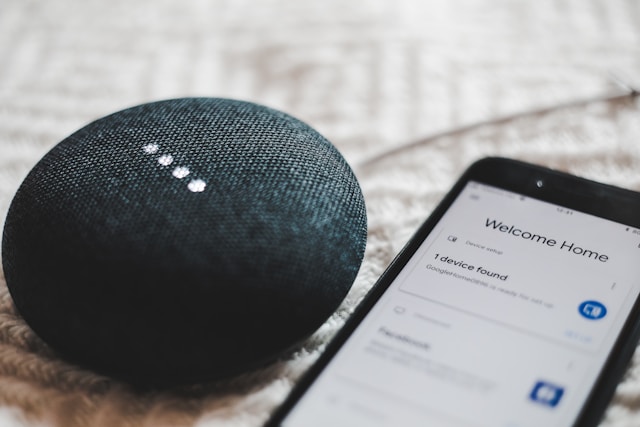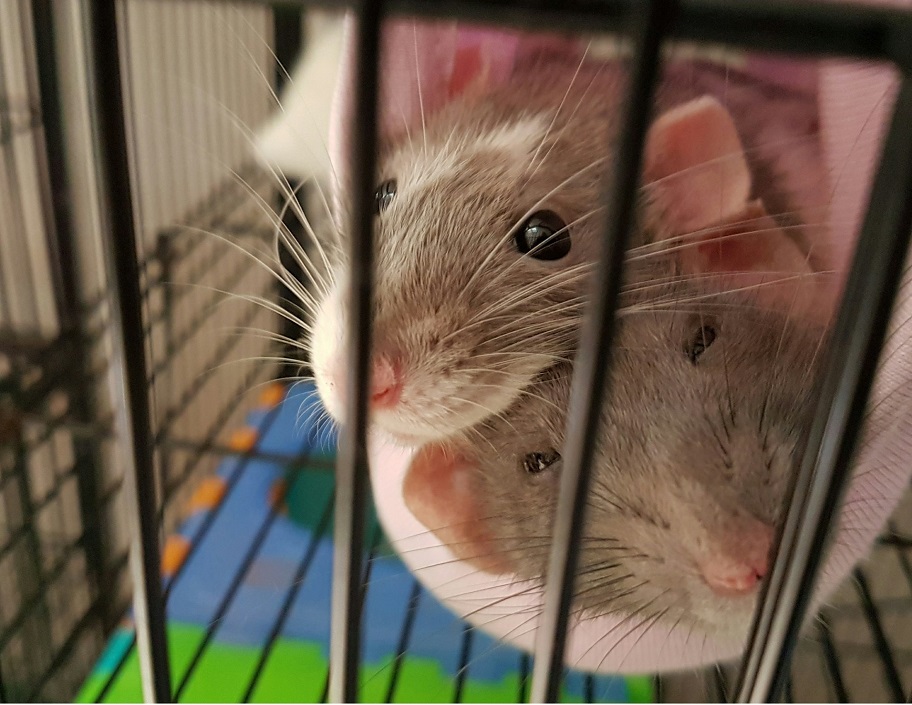On May 14th from 14:00 to 15:30 (GMT+3) the nuclear advisors of The Bellona Environmental Transparency Center will host an online event to present new report on the nuclear and radiation threats in the Russian Arctic. The Soviet nuclear legacy on the North-West of Russia includes the radionuclide-contaminated buildings of the former military base at […]









